Since the Trump administration's decision to criminally prosecute all adult immigrants who illegally cross the US-Mexican border, thousands of children have been separated from their parents. While there have been a few steps taken to adjust this policy to prevent these separations, it has definitely stirred up much upset throughout the nation.
America has been unable to create a sufficient and peaceful way to handle the rising flow of immigrants escaping war, violence, or simply pursuing a better life. So, let's take a look around the world and see other policies and perhaps we, as a country, can learn something from it.
1. South America

Individuals within Mercosur Member States (Bolivia and Venezuela) and Associate Member States (Chile, Colombia, Ecuador, Guyana, Peru, and Suriname) are allowed to live and work in another member state for two years if they have a clean criminal record. After the two years is up, the permit can be turned into permanent residency.
2. Sweden

In 2014, Sweden was ranked number one out of 38 countries in the Migrant Integration Policy Index. The country is one of the most welcoming nations, offering equal rights to immigrants. They have since allowed Iraqi, Somalian and Syrian war refugees asylum.
3. Denmark

In Denmark, they value a homogeneous structure and tradition so much so that there have been instances in which the government offered £12,000 to migrants unwilling or unable to assimilate so they can go back home. They also require foreigners who marry in order to receive citizenship to be at least 24 years old.
4. Australia
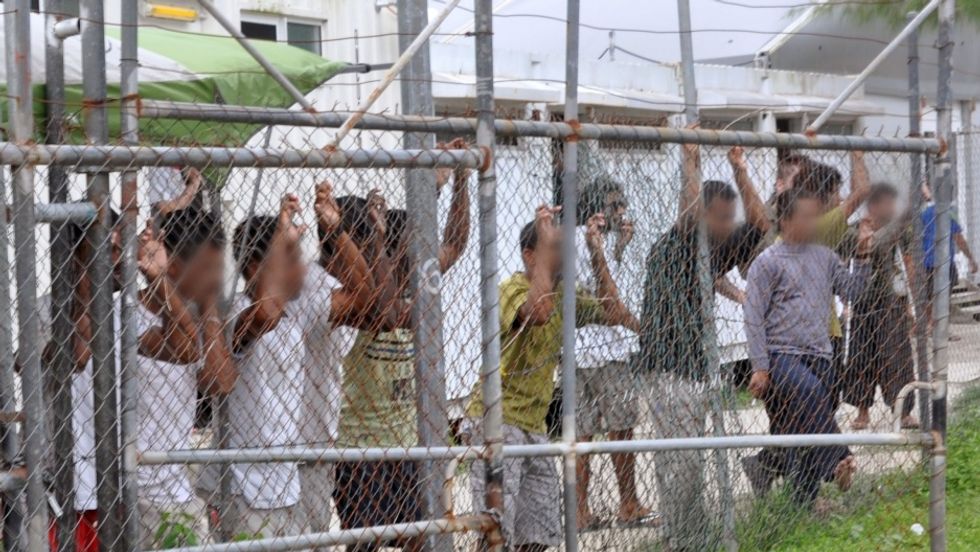
Australia is also known to have some very stern and restrictive policies when it comes to immigration. Many times, situations result in the detention of migrants who arrive by boat in offshore centers. This country uses a merit-based point system that involves criteria including, employment history, language proficiency and education.
5. Canada
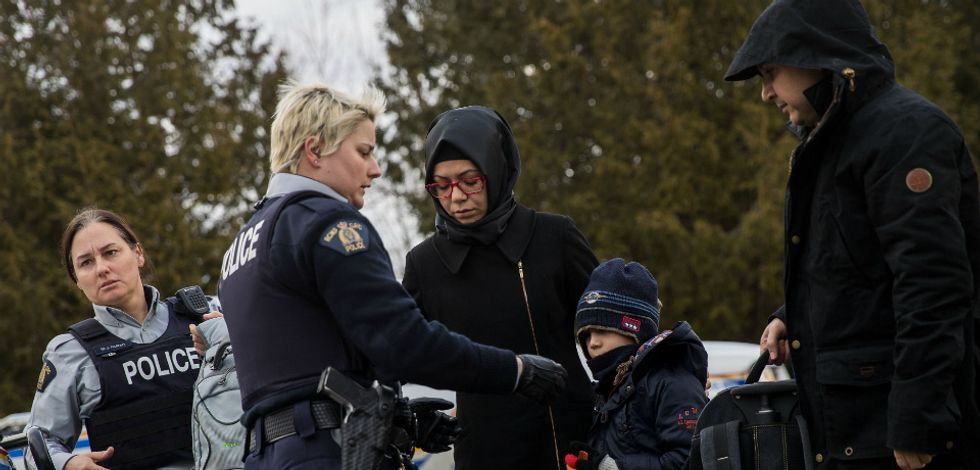
foreignpolicymag.files.wordpress.com
Like Australia, Canada also uses a merit-based point system that relies on migrants' employability. However, sometimes skills don't necessarily equate to jobs. While Canada has adopted one of the most open immigration policies in the world, it still faces dilemmas in regards to immigrant unemployment.
6. Japan
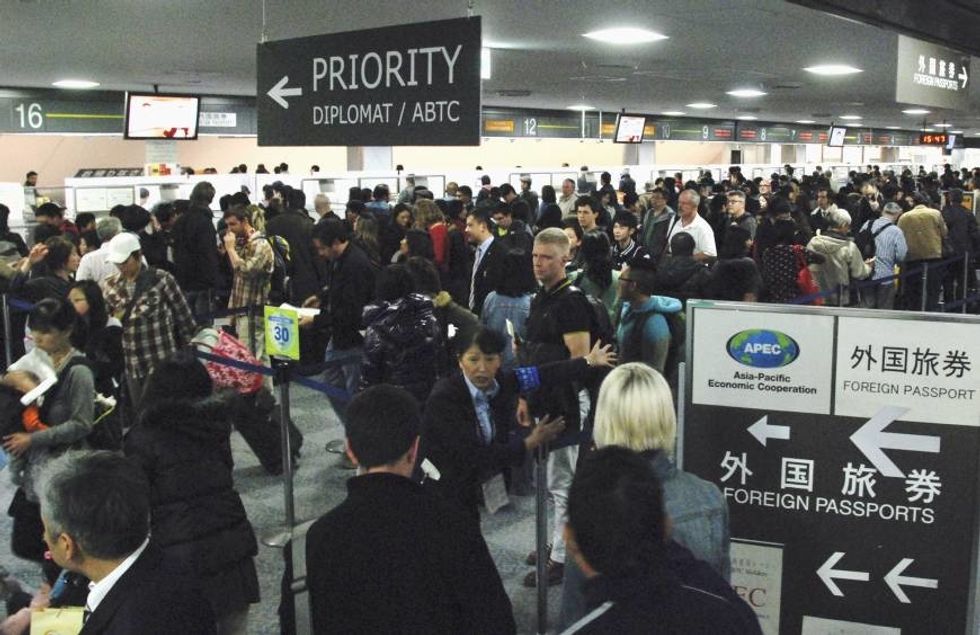
Recently, Japan has developed their own point-based system that rewards points and favor to professionals with high education or business experience. However, Japan only grants citizenship based on the nationality of a person's parents rather than the country in which they were born. This results in many residents unable to receive citizenship despite living in Japan their entire lives.
7. South Korea
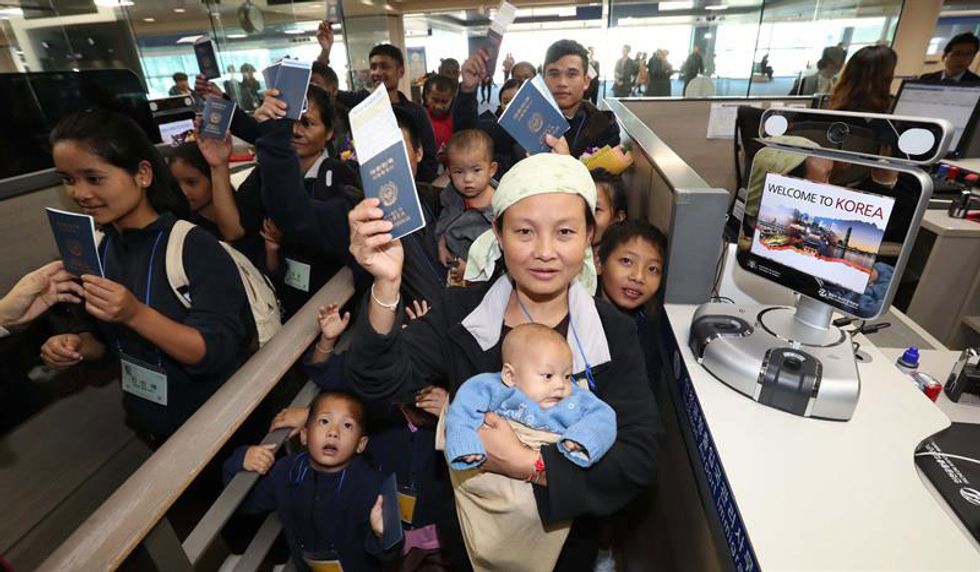
In South Korea, unless you have family ties, immigrating requires elaborate language, culture, and custom tests and requires many years of residency before granting permanent stay.
There is much to learn from these other countries and regions around the world, but the most important takeaway is that there is no singular, perfect solution. Each country has their own imperfect approach at handling immigration, but, to this day, the United States of America is the only nation that has created a 'zero-tolerance' policy that resulted in separating over 2,300 children from their parents. According to the executive director of the Geneva-based Global Detention Project, Michael Flynn, there have been no reports of families being forcibly separated anywhere but the U.S.
So, as a nation, let's strive to do better, because these immigrants are humans too, and they deserve better. Let's not turn a blind eye or try to convince ourselves that dividing families is a necessary cost. Because so many voices that spoke out, President Trump signed an executive order to undo the separation policy; we must hold him accountable so that families can be reunited and that something like this never occurs again.

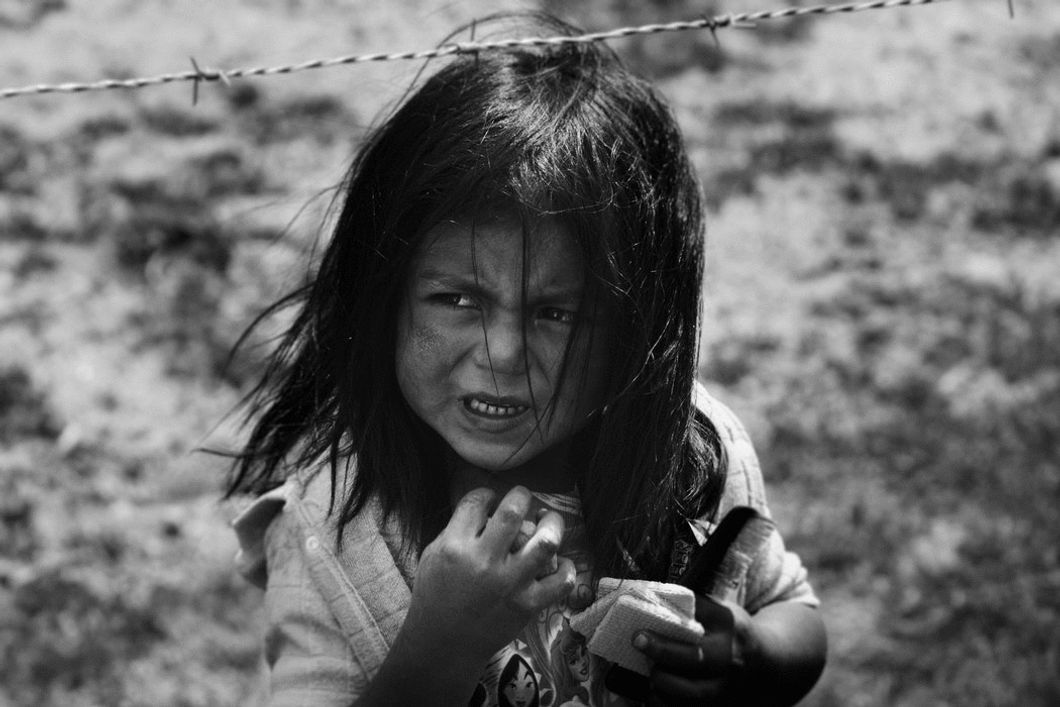

 Photo by
Photo by  Photo by
Photo by  Photo by
Photo by 



















